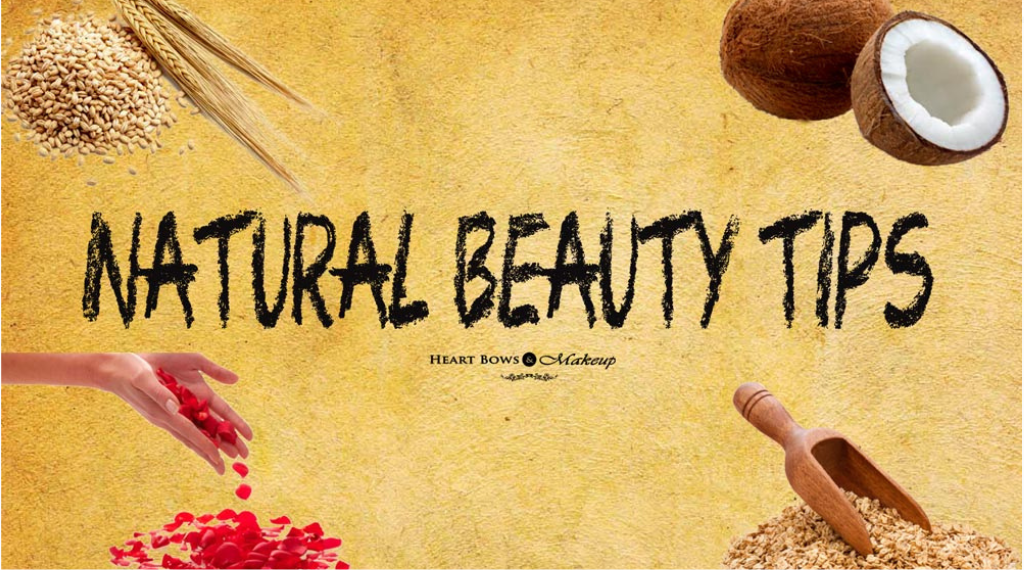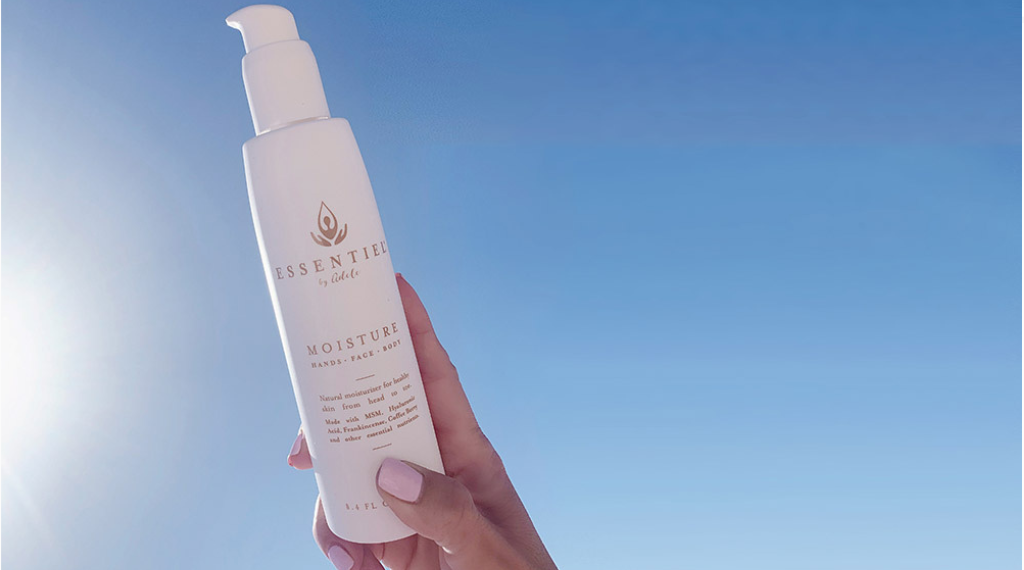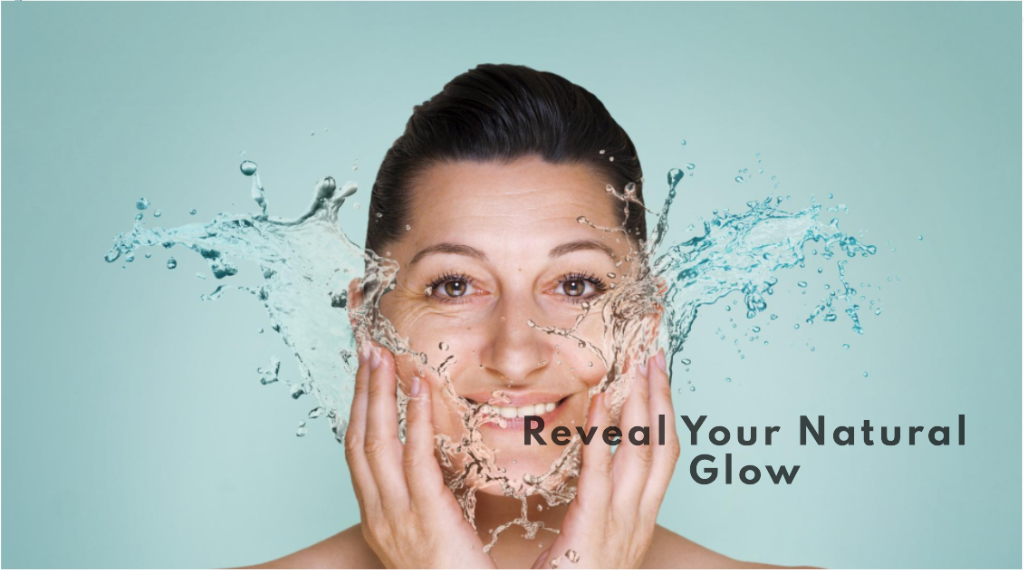Introduction
True beauty extends far beyond superficial treatments and expensive cosmetics. While the beauty industry focuses heavily on topical products and procedures, some of the most effective beauty practices involve working with your body’s natural processes rather than against them. These lesser-known natural beauty secrets can enhance your appearance while simultaneously improving your overall health and wellbeing. Understanding and implementing these evidence-based approaches can lead to lasting improvements in skin quality, hair health, and overall radiance that no product alone can achieve.
Understanding the Causes of Common Beauty Concerns
Many visible beauty concerns stem from underlying physiological imbalances and lifestyle factors that are often overlooked. Chronic inflammation triggered by poor dietary choices, stress, and environmental toxins manifests as skin issues including premature aging, acne, and dullness. Hormonal imbalances caused by inadequate sleep, excessive stress, or nutritional deficiencies can lead to hair thinning, skin breakouts, and uneven complexion.
Dehydration at the cellular level affects skin elasticity and contributes to fine lines, while oxidative stress from free radicals accelerates the aging process. Poor circulation limits nutrient delivery to skin and hair follicles, resulting in lackluster appearance and slow cellular regeneration. Additionally, gut health disturbances can manifest externally through skin conditions, as the gut-skin axis plays a crucial role in inflammatory responses and immune function.
Environmental factors including sun exposure, pollution, and harsh weather conditions damage the skin’s protective barrier, while lifestyle habits such as inadequate sleep, smoking, and excessive alcohol consumption accelerate visible aging. Nutrient deficiencies, particularly in vitamins A, C, E, biotin, and essential fatty acids, directly impact skin texture, hair strength, and nail health.
Recognizing the Signs
Understanding what your body is communicating through visible changes helps you address root causes rather than merely masking symptoms. Dull, lackluster skin often indicates dehydration, poor circulation, or accumulation of dead skin cells. Fine lines and premature wrinkles may signal chronic dehydration, inadequate antioxidant protection, or collagen degradation due to various factors including sun damage and poor nutrition.
Uneven skin tone and hyperpigmentation can result from sun exposure, hormonal fluctuations, or post-inflammatory responses. Persistent acne or breakouts beyond adolescence frequently point to hormonal imbalances, dietary triggers, or compromised gut health. Dry, flaky skin suggests impaired barrier function, essential fatty acid deficiency, or environmental damage.
Hair thinning or excessive shedding may indicate nutritional deficiencies, hormonal changes, stress, or inadequate scalp circulation. Brittle nails that break easily often reflect protein deficiency, biotin insufficiency, or chronic dehydration. Under-eye circles and puffiness can stem from poor lymphatic drainage, allergies, inadequate sleep, or dietary factors including excessive sodium intake. Recognizing these signs early allows for timely intervention with natural approaches.

Treatment and Prevention: The 10 Natural Beauty Secrets
1. Facial Massage for Lymphatic Drainage
Manual lymphatic drainage techniques reduce puffiness, improve circulation, and enhance product absorption. Using gentle upward and outward strokes with clean hands or a jade roller for five minutes daily can visibly improve skin tone and reduce under-eye bags. This practice stimulates the lymphatic system to remove toxins and excess fluid while bringing fresh nutrients to skin cells.
2. Cold Water Therapy
Finishing your shower with 30 seconds of cold water constricts blood vessels and then causes them to dilate, improving circulation and giving skin a natural glow. Cold water also tightens pores, reduces inflammation, and can improve hair shine by sealing the hair cuticle. This practice stimulates collagen production and can enhance skin firmness over time.
3. Dry Brushing Before Bathing
Using a natural bristle brush on dry skin in circular motions toward the heart exfoliates dead skin cells, stimulates lymphatic drainage, and improves circulation. This technique, practiced for just three to five minutes before showering, can improve skin texture, reduce the appearance of cellulite, and support the body’s natural detoxification processes.
4. Inversion Exercises
Spending a few minutes daily in inverted positions, such as legs up against a wall or gentle yoga inversions, increases blood flow to the face and scalp. This enhanced circulation delivers oxygen and nutrients to skin cells and hair follicles, promoting a healthy glow and potentially supporting hair growth while reducing facial puffiness.
5. Bone Broth Consumption
Rich in collagen, gelatin, and amino acids including glycine and proline, bone broth supports skin elasticity, gut health, and joint function. Consuming eight to twelve ounces daily provides the building blocks your body needs to maintain collagen production, which naturally declines with age. This supports skin firmness, reduces fine lines, and promotes gut healing.
6. Facial Exercises and Face Yoga
Targeted facial exercises strengthen the underlying muscles that support skin structure, potentially reducing sagging and improving facial contours. Dedicating ten minutes daily to exercises that target the forehead, cheeks, jawline, and neck can enhance muscle tone and improve circulation, creating a natural lifting effect without invasive procedures.
7. Scalp Massage with Essential Oils
Massaging the scalp for five to ten minutes with carrier oils such as jojoba or coconut oil, optionally blended with stimulating essential oils like rosemary or peppermint, increases blood flow to hair follicles. This practice supports nutrient delivery, may stimulate hair growth, removes product buildup, and creates a healthy environment for strong hair growth.
8. Fermented Foods for Gut Health
The gut-skin connection is powerful, and consuming fermented foods such as sauerkraut, kimchi, kefir, and kombucha supports beneficial bacteria that influence skin health. A healthy gut microbiome reduces systemic inflammation, supports nutrient absorption, and can improve conditions including acne, eczema, and rosacea. Including fermented foods with meals provides ongoing probiotic benefits.
9. Copper-Rich Foods and Supplements
Copper is essential for melanin production, collagen formation, and skin elasticity. Foods rich in copper including shellfish, nuts, seeds, organ meats, and dark chocolate support these processes naturally. Adequate copper intake helps maintain skin firmness, supports hair pigmentation, and promotes wound healing and skin regeneration.
10. Sleep Position Optimization
Sleeping on your back rather than on your side or stomach prevents compression wrinkles and reduces fluid accumulation in the face. Using a silk or satin pillowcase minimizes friction that can cause hair breakage and skin creasing. Elevating your head slightly with an extra pillow reduces morning puffiness by preventing fluid from pooling in facial tissues overnight.
Medical Considerations

While natural approaches are effective for general beauty enhancement and prevention, certain conditions require professional evaluation. Persistent skin conditions, sudden hair loss, or significant changes in skin texture may indicate underlying health issues requiring medical attention. Dermatologists can provide treatments including prescription retinoids, chemical peels, or procedures that complement natural approaches. For hormonal concerns affecting skin and hair, consulting with an endocrinologist or hormone specialist ensures proper diagnosis and treatment.
Practical Health Tips for Lasting Beauty
Hydration is fundamental: Drink at least eight glasses of water daily, and increase intake during exercise or hot weather. Adding lemon or cucumber enhances flavor while providing additional antioxidants. Adequate hydration maintains skin plumpness, supports cellular function, and facilitates toxin elimination.
Prioritize sleep quality: Aim for seven to nine hours of uninterrupted sleep nightly. During deep sleep, growth hormone peaks, supporting tissue repair and collagen production. Establish a consistent sleep schedule, keep your bedroom cool and dark, and avoid screens for an hour before bed to optimize sleep quality.
Embrace antioxidant-rich foods: Consume a rainbow of colorful fruits and vegetables daily to provide diverse antioxidants that combat free radical damage. Berries, leafy greens, nuts, and green tea are particularly beneficial for skin health. These foods provide vitamins C and E, beta-carotene, and polyphenols that protect against premature aging.
Manage stress effectively: Chronic stress elevates cortisol, which accelerates aging, triggers inflammation, and can worsen skin conditions. Incorporate daily stress-reduction practices such as meditation, deep breathing exercises, nature walks, or activities you enjoy. Even ten minutes of mindful practice can significantly impact stress hormone levels.
Protect from sun exposure wisely: While some sun exposure supports vitamin D production, excessive UV radiation is the primary cause of premature skin aging. Use mineral-based sunscreen daily, wear protective clothing, and seek shade during peak sun hours. Balance sun protection with brief periods of sensible sun exposure for overall health.
Exercise regularly: Physical activity increases circulation, delivers oxygen and nutrients to skin cells, and supports lymphatic drainage. Exercise also reduces stress hormones and promotes better sleep. Aim for at least 150 minutes of moderate-intensity activity weekly, including both cardiovascular and strength-training exercises.
Avoid inflammatory foods: Reduce consumption of refined sugars, processed foods, and excessive dairy, which can trigger inflammatory responses manifesting as skin issues. Instead, emphasize whole foods, healthy fats from sources like avocados and wild-caught fish, and anti-inflammatory spices including turmeric and ginger.
Practice consistency: Natural beauty approaches require patience and consistency. Unlike quick-fix products, these methods work with your body’s natural processes and show results over weeks and months. Establish a sustainable routine you can maintain long-term rather than attempting drastic changes that are difficult to sustain.
By implementing these natural beauty secrets alongside healthy lifestyle practices, you support your body’s innate ability to maintain and regenerate healthy skin, hair, and overall appearance. These approaches address root causes rather than merely treating symptoms, resulting in authentic beauty that reflects genuine health and vitality.



